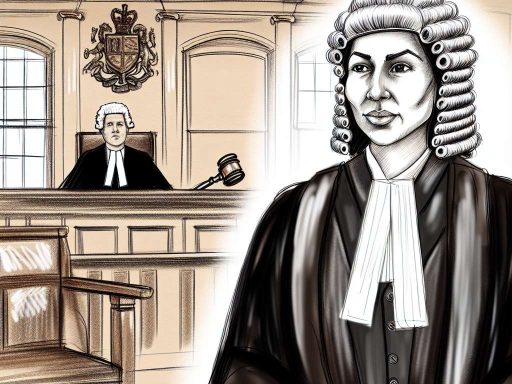Legal Services
Navigating Legal Services: A Career Guide in the UK
The legal services sector in the UK is renowned for its rigor, excellence, and dynamic career opportunities.
From solicitors and barristers to paralegals and legal secretaries, the field offers a diverse array of paths for those with a passion for justice and law.
This guide explores the landscape of legal professions in the UK, outlining key roles, essential skills, and pathways to success.
Key Legal Professions
Solicitors
- Role: Advise clients, draft documents, and represent clients in lower courts.
- Path: Requires a law degree or equivalent, followed by the Legal Practice Course (LPC) and a training contract.
Barristers
- Task: Specialize in courtroom advocacy, drafting legal pleadings, and giving expert legal opinions.
- Journey: After obtaining a law degree, complete the Bar Professional Training Course (BPTC) and secure a pupillage.
Paralegals
- Function: Perform legal work without being qualified as a solicitor or barrister. Often a stepping stone in a legal career.
- Requirement: Law degree or specific paralegal qualifications.
Legal Secretaries
- Objective: Support lawyers by organizing files, conducting research, and drafting documents.
- Skills Needed: Excellent organization, research abilities, and understanding of legal terminology.
Essential Skills for Success
- Analytical Thinking: Ability to dissect complex legal information and craft coherent arguments.
- Communication: Clear and persuasive communication, both written and oral.
- Attention to Detail: Precision in legal drafting and research.
Challenges in Legal Services
- Intense Competition: Many aspire to enter the legal profession, making pathways like securing a pupillage or training contract highly competitive.
- Work Pressure: The demand for thoroughness and the high stakes involved can lead to a high-pressure work environment.
Future Trends in Legal Services
- Technology Integration: From legal research databases to AI in legal analysis, technology is shaping the future of legal services.
- Globalization: Lawyers now often deal with international laws and cases, requiring a broader understanding of global legal systems.
Pathways to Professional Development
- Continuing Legal Education: Staying updated with the latest legal developments and earning additional qualifications.
- Networking: Building relationships within the legal community for mentorship and career opportunities.
Conclusion
A career in legal services in the UK demands dedication, intellectual prowess, and a commitment to justice.
It offers a rewarding path filled with opportunities for those willing to navigate its challenges.
Whether you aspire to argue cases in court, advise clients on legal matters, or support the legal process behind the scenes, the legal profession provides a meaningful way to make an impact on society.









